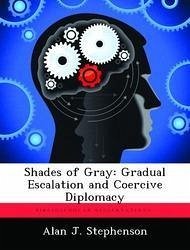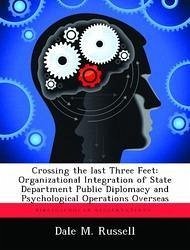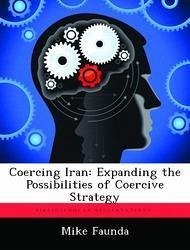
Shades of Gray: Gradual Escalation and Coercive Diplomacy
Versandkostenfrei!
Versandfertig in über 4 Wochen
53,99 €
inkl. MwSt.

PAYBACK Punkte
27 °P sammeln!
Understanding and articulating the nature of war has challenged mankind from the beginning. Although the character of war continues to evolve with societal change, it never goes beyond its most basic tenant, the use of force to solve political problems. Virtually all Western societies have adopted Carl Von Clausewitz's premise that war is a continuation of politics by other means; hence, it is accepted in democratic nations that the military will be subservient to duly elected political leaders. Since ultimate accountability rests with civilian leadership, the universal challenge has always be...
Understanding and articulating the nature of war has challenged mankind from the beginning. Although the character of war continues to evolve with societal change, it never goes beyond its most basic tenant, the use of force to solve political problems. Virtually all Western societies have adopted Carl Von Clausewitz's premise that war is a continuation of politics by other means; hence, it is accepted in democratic nations that the military will be subservient to duly elected political leaders. Since ultimate accountability rests with civilian leadership, the universal challenge has always been to determine the extent to where legitimate political intervention in military affairs becomes counterproductive political interference. This premise, however, assumes that the role of the military can easily be separated and compartmentalized from grand strategic goals. History abounds with examples of governments using military force to achieve political aims in a manner that does not truly constitute the strategic nature of war. Terms such as Gun-Boat Diplomacy, Low-Intensity Conflict (LIC), Small Scale Contingencies (SSC) and Military Operations Other Than War (MOOTW) attempt to capture the nebulous region between peace and war where civilian authorities retain significant control of the military power used to achieve political purpose. In the past decade, technological innovation, coupled with doctrinal change, has demonstrated that even limited war can be orchestrated much more precisely to achieve a desired political end-state.












